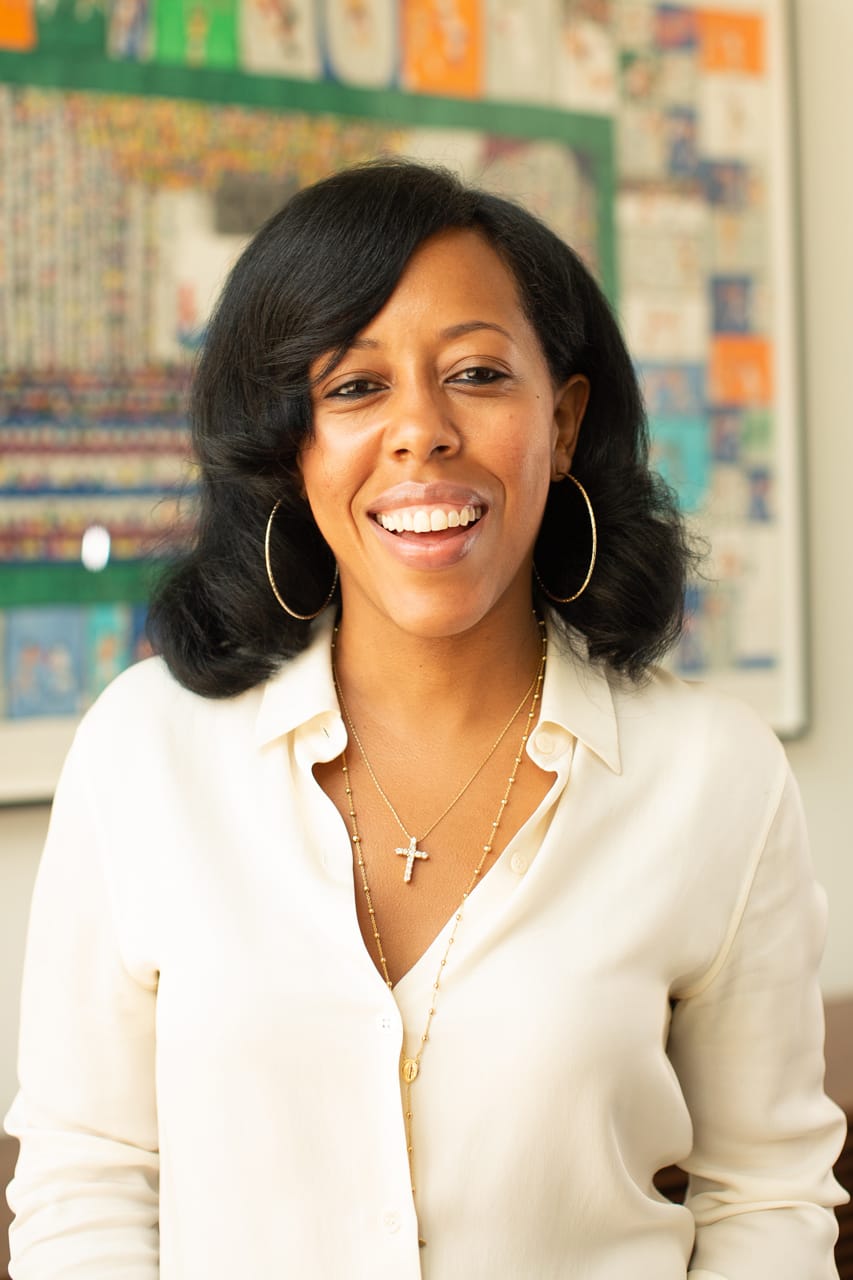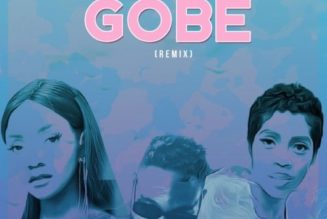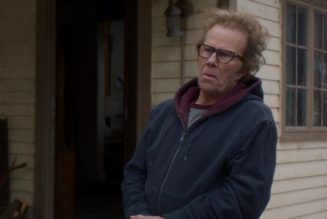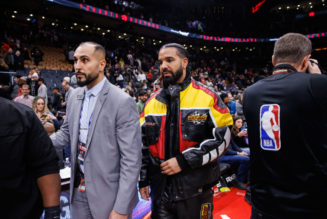You are reading your free article for this month.
Members-only
“There’s no blueprint on how to get signed,” Omar Grant says, but for himself and Shari Bryant, the co-presidents of Roc Nation, longevity is the key quality they look for in a potential signee. The “one-hit wonder” phenomenon has existed since the radio was invented a century ago – and it’s only become more common with the sheer domination of social media, which artists now flock to in the hope of being “found.” At Roc Nation, the executive duo wants to cut through the noise to find artists who not only possess the talent but also a certain industriousness and commitment to their craft.
Home to the likes of Rihanna, Lil Uzi Vert, J. Cole and Big Sean, Roc Nation has emerged as one of the leading tastemakers in R&B, pop and rap since Jay-Z founded the label in 2008 after leaving another project of his, the now-defunct Roc-a-Fella Records.
Since 2019, Roc Nation has taken a unique approach to its organizing the label, enlisting two co-presidents operating on opposite coasts: Bryant in New York and Grant in Los Angeles. When she was just 16 years old, Bryant actually began her career at Roc Nation as a summer intern in 1999, while Grant spent his early years in the business as the road manager for Destiny’s Child and then worked as the tour manager for the individual members of the trio: Beyoncé, Kelly Rowland and Michelle Williams.
Bryant mainly tackles marketing for artists and their projects, while Grant focuses on A&R – artists and repertoire, a term for finding and developing new talent – yet the duo shares a singular goal of ultimately legacy artists, those whose work will endure across generations, trends and shifts in musical tastes.
Looking back on five years working together, Bryant and Grant dove into the changing music label landscape, what they look for in a prospective signee and why longevity trumps virality every time.
Few companies have co-presidents, major music labels included. What was the rationale behind having two executives – rather than a singular leader – in charge of Roc Nation?
Bryant: When I started in my current role in 2019, I met with the founders of Roc Nation and presented them with the idea of having a dichotomous role: an A&R lead and a marketing lead at the helm of the company. A&R and marketing are the two pillars that are super important for an artist’s success. I’ve always admired companies that led that way and I think from a structural standpoint it really works, so we wanted to mirror that system.
Grant: Finding and building authentic artistry is the core of everything we do at Roc Nation and we knew that by having a co-presidency, we could blend two different aspects of our expertise.
Day to day, how do you split up running the label?
Bryant: I run all of the label’s marketing and operations, and Omar oversees the A&R creative side. However, because we work so closely together, there’s some overlap. I may see an artist and decide to sign someone I’m really passionate about, and things on the marketing side, like brand partnerships or relationships that Omar has, come into play as well.
You’re each on a different side of the country, How does the music industry differ between the East and West Coasts?
Grant: In terms of making music creatively, most songwriters and producers have migrated to LA. The songwriting community is here so in order to find music you have to have boots on the ground, so being located in LA helps to maximize opportunity.
Both of you are backed by over 20 years of firsthand experience working in the hip-hop space, from A&R to artist and tour management. How has the industry, specifically the label environment, changed since the early aughts?
Bryant: The business has evolved from a competition standpoint. There are way more artists than there were 20 years ago. You have to think of new ways to break through the noise, which is one of the hardest things because there are so many different places to garner attention. You’re also now competing against how long someone’s willing to listen to something, because streaming has become the primary source of consumption. The environment has changed, but the strategy still remains the same – how do we break through the noise and what’s the essence of an artist and how can we build that foundation.
Grant: Regarding social media, it’s a delicate balance of us playing into trends when it feels right vs. staying true to authenticity. At the end of the day though, we’re focused on the long game with our artists and helping them build out a career that’s true to them and their music.
“We want to see the work ethic without the label. We’re here to amplify your vision, not give it to you.”
Virtually every emerging artist is wondering the same thing: “how can I get signed?” What qualities are you looking for in a prospective artist?
Grant: There’s no blueprint on how to get signed. If you look at the artists on the roster currently, they were all discovered in a unique fashion and were able to capture our attention in their own way. We aren’t necessarily looking for super-polished artists either. It’s our job to help develop their craft and build a legacy. If the raw talent is there, we can figure out what the map to success is and support bringing it to life.
Bryant: We want to see the work ethic without the label. We’re here to amplify your vision, not give it to you, so it’s important for us to see some foundation being laid. There are so many resources out there — we want to see what you’re taking advantage of in front of you, like seeking out local performances in your market and building a network with key players in the music space locally.
Considering not just Roc Nation talent but the artist landscape more broadly – what are some of the most common mistakes you see artists making today, particularly when it comes to pitching themselves to labels and inking that first contract?
Bryant: We see a lot of artists out there chasing virality, which is something we steer clear of at Roc. We don’t look to sign artists just because of what’s cool or trending at the moment. We sign artists who are committed to their craft and are willing to work to achieve that.
Many rising artists are subject to a new kind of “one-hit wonder” phenomenon. They’ll see their song and rack up millions of streams, only to find that the moment doesn’t necessarily translate to a loyal listenership. How can artists capitalize on a viral moment to build career longevity?
Bryant: The most important thing is to have a follow-up. If something is going viral and you have people’s attention, give them context and have them invest and fall in love with you, not just that record. It’s about continued momentum.
Grant: There is nothing wrong with a viral moment. Those opportunities are amazing when they present themselves, and we are 100% aware of them when they happen. For us, we’re not just looking for that one moment, but we’re curious if there is a real artist behind that moment.
With the onset of digital streaming, artists are able to release their music independently and market themselves on social media. What’s the purpose of a label in the streaming age?
Bryant: Signing with a label also gives artists opportunities outside of just music to elevate themselves and their brand. At Roc, we have a wide ecosystem of offerings, whether it’s fashion, sports, management, live music and so on. You can tap all of those resources in a one- stop shop and have a team of experts in each space in your corner figuring out what makes the most sense for you.











